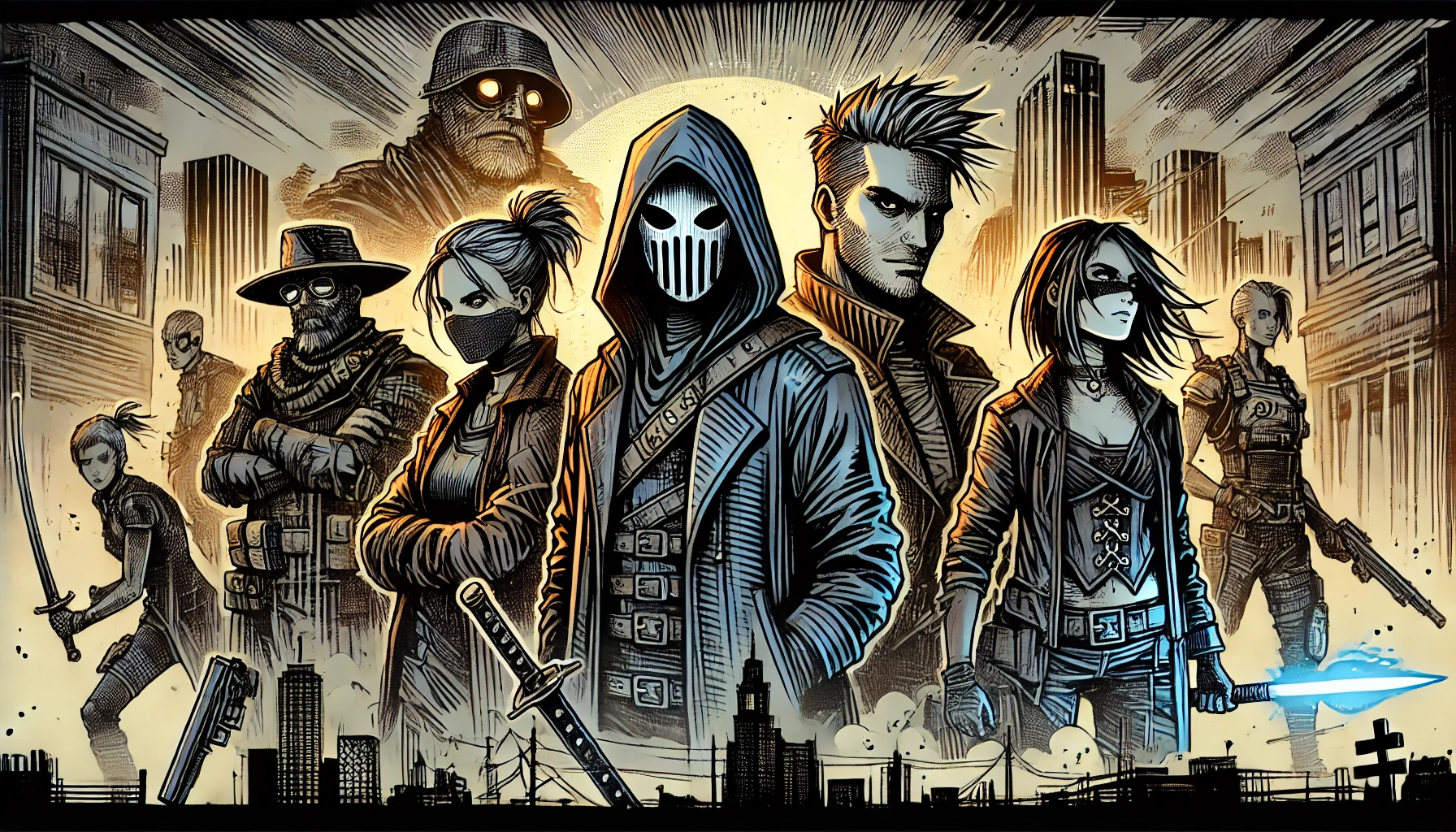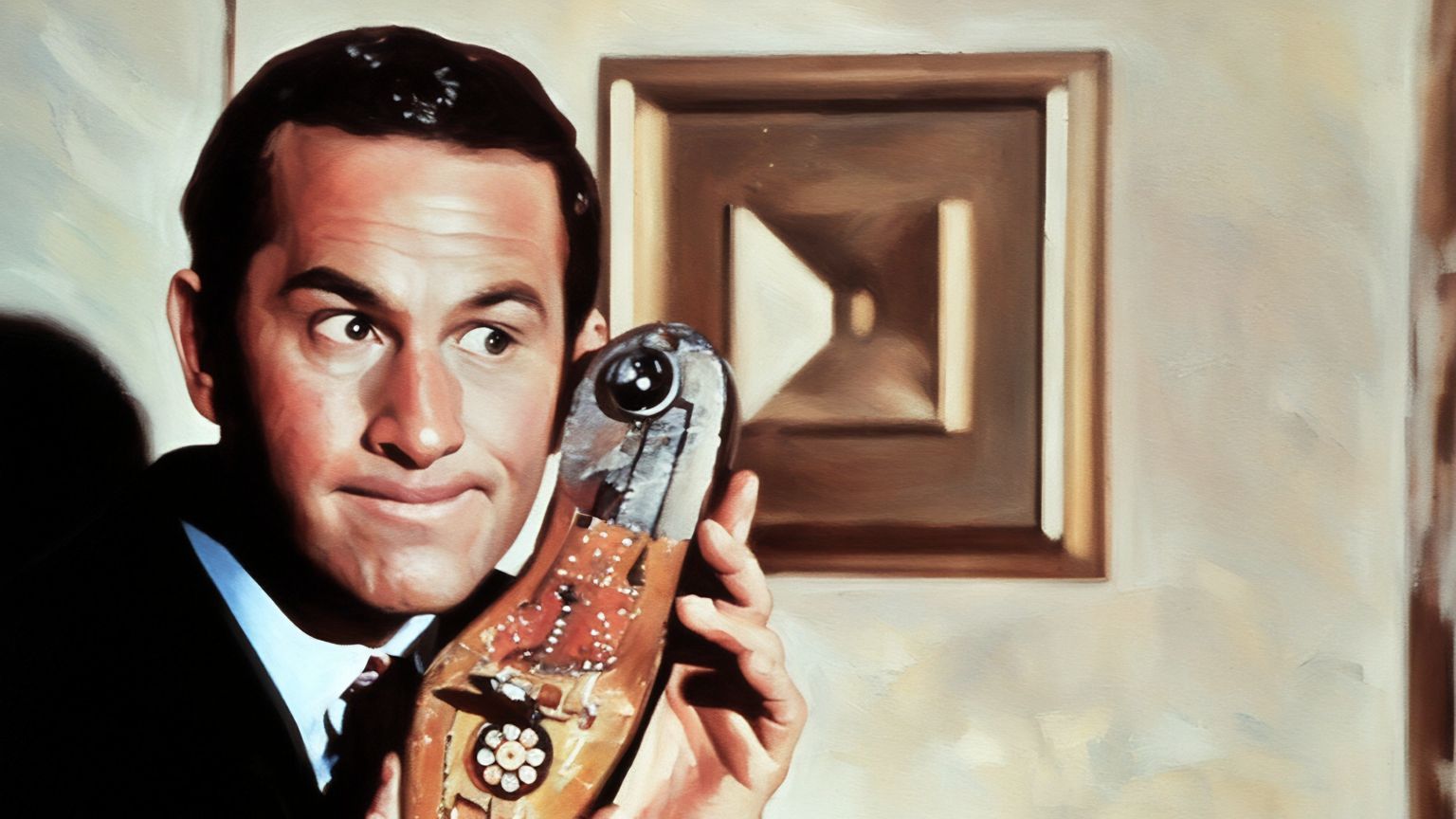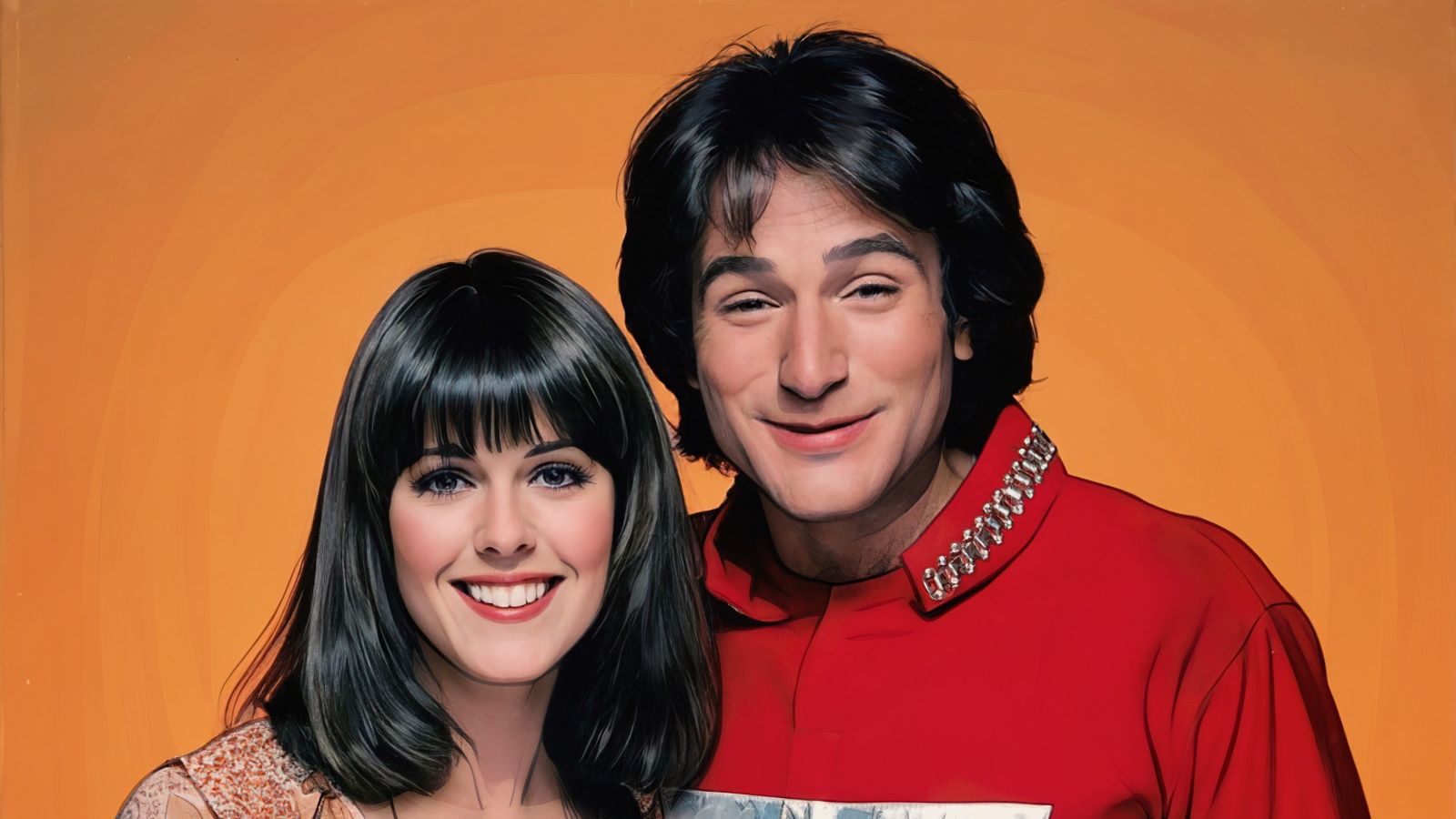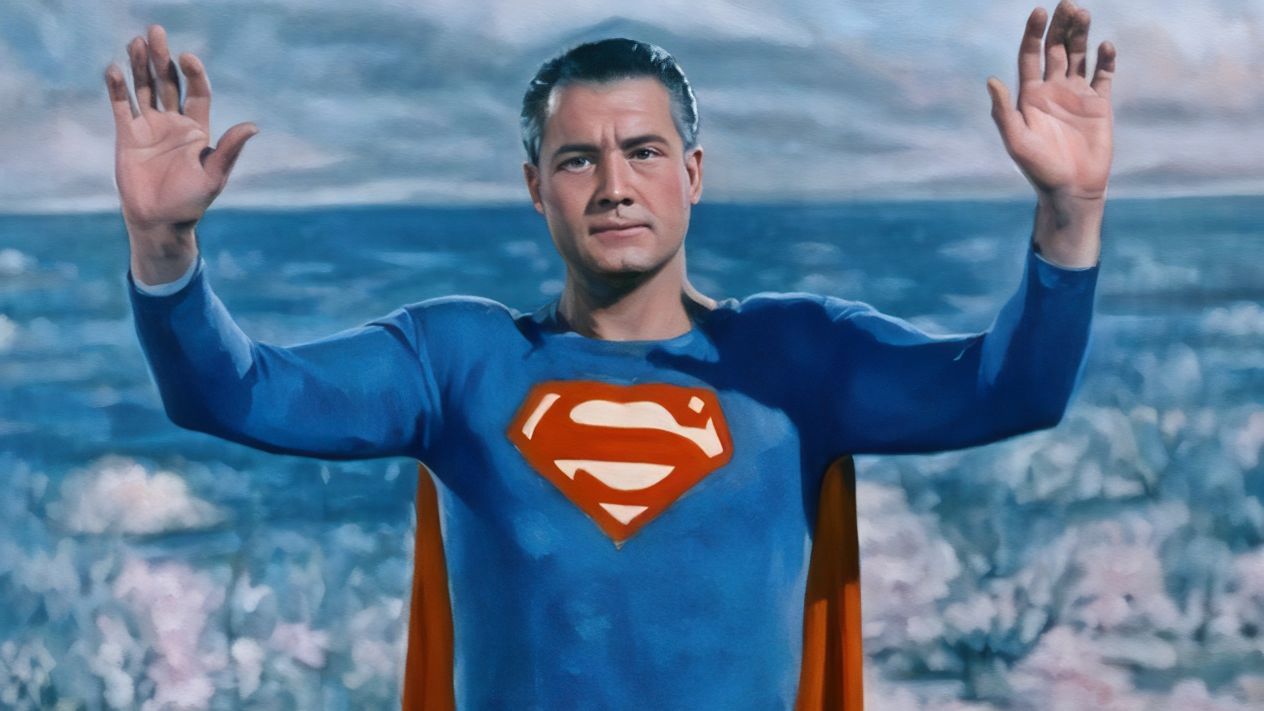Welcome to the Dark Side (They Have More Fun)
They lie. They cheat. They drink too much, swear too often, and avoid emotional conversations like the plague. They brood on rooftops, bargain with devils, and sometimes punch people who probably deserved it. They’re not squeaky-clean heroes. They’re not mustache-twirling villains. They are the complicated, chaotic, conflicted icons we can’t stop watching, quoting, cosplaying, and quietly rooting for. They are the anti-heroes—and we love them.
Why? Why do we fall head over heels for characters who break the rules, bend morality, and sometimes flat-out betray our trust? Why are we so quick to forgive them? And how do these messy, magnificent figures keep stealing the spotlight from the traditional heroes we’re supposed to adore?
The answer, like the anti-heroes themselves, is complex. It’s part psychology, part storytelling sorcery, and part pure human curiosity. So buckle in as we dive into the minds of the morally grey, the delightfully flawed, and the dangerously magnetic.
Not Your Typical Hero: What Makes an Anti-Hero?
Before we dissect our love for them, let’s define them. Anti-heroes are central characters who lack the traditional qualities we expect in a hero—like idealism, morality, or selflessness. They’re not noble knights on white horses. They might be sarcastic, cynical, reckless, or even violent. But despite their flaws—or perhaps because of them—they’re the ones we follow.
Think Tony Stark before he built that arc reactor of redemption. Think Deadpool with his fourth-wall-breaking snark and buckets of blood. Think Walter White, who began as a sympathetic teacher and ended as something much darker. These are characters who do bad things for what they believe are good reasons. Or at least… understandable ones.
They blur the lines. They’re both hero and villain, sinner and savior, the person we fear becoming and the person we wish we could be—at least for a day.
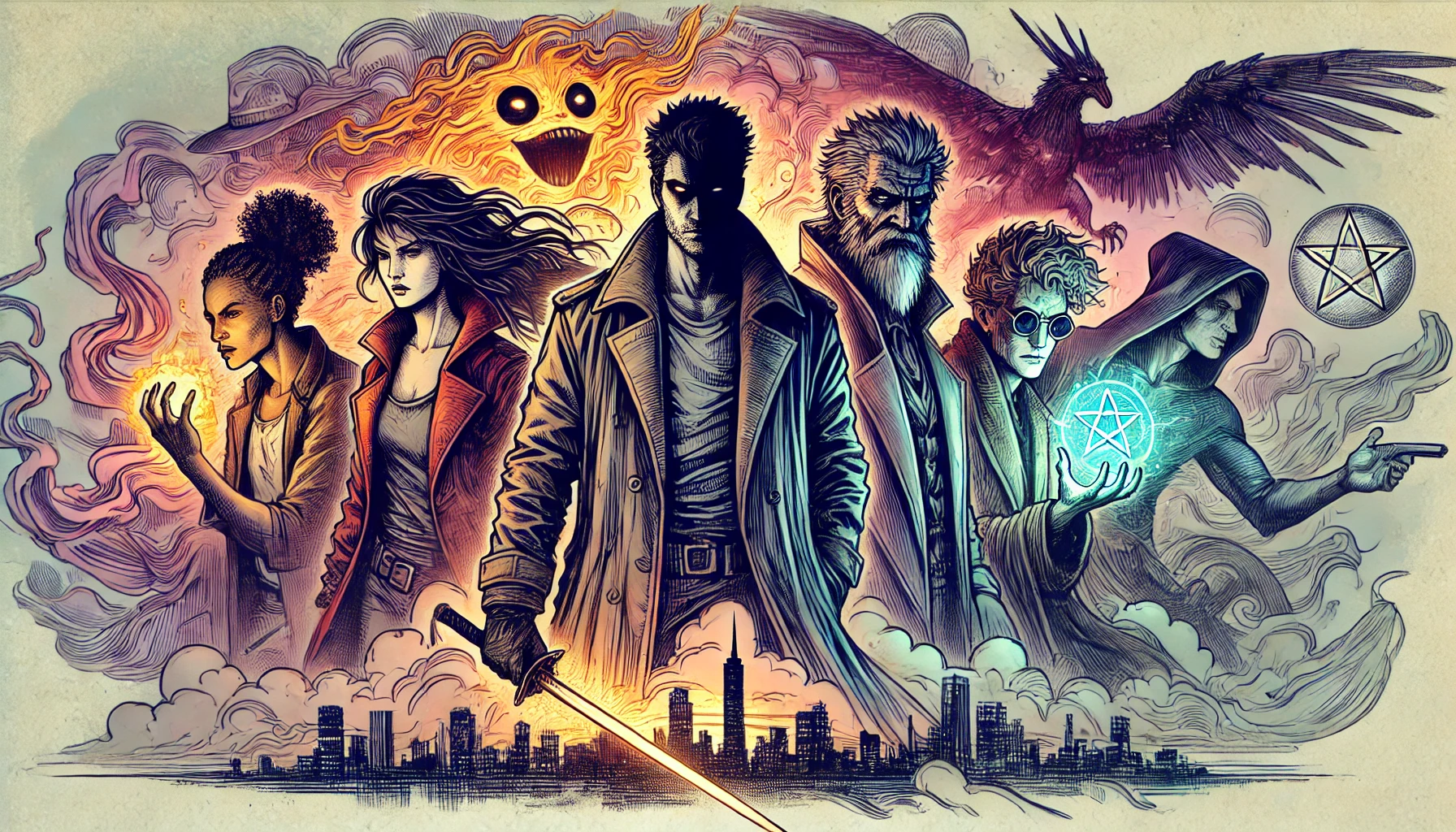
The Psychology of Flaws: Why Imperfection Feels Real
One of the biggest reasons we love anti-heroes is surprisingly simple: they feel real. Perfect heroes can be inspiring, sure—but they’re also hard to relate to. They make the right choices. They always say the noble thing. They save the cat and kiss the girl and never forget to floss.
But anti-heroes? They mess up. They yell when they should listen. They run when they should stay. They screw up their relationships and wrestle with guilt and rage. They’re human.
Psychologists call this the “pratfall effect”—we’re more attracted to people (or characters) who are competent but flawed. A little imperfection makes someone more relatable and even more likable. It humanizes them. It makes them feel accessible in a way squeaky-clean heroes never quite manage.
We watch them, and we see ourselves. Our anger, our regrets, our hopes for redemption. We may not be breaking bad or hunting vampires, but we’ve all made decisions we’d rather not explain. The anti-hero just does it with better lighting and cooler background music.
Catharsis, Baby: They Do What We Can’t (But Sometimes Wish We Could)
Let’s be honest: anti-heroes get away with stuff.
They punch their boss. They tell off the villain and the sidekick. They ghost their friends, break the rules, and blow up the system. And somehow, they still get to be the lead.
In psychology, catharsis is the release of strong or repressed emotions. Watching an anti-hero act out their impulses lets us vicariously experience the thrill of doing what we wish we could—but don’t, because we live in the real world where actions have consequences (and security cameras).
So when Jessica Jones drinks half a bottle of whiskey and still saves the day, or when Wolverine growls through his pain and takes down an army, it feels good. Not because we’d do it—but because part of us wishes we could.
They break rules without breaking our admiration. They say the unsayable. They challenge authority. They avenge instead of forgive. And we watch with popcorn in hand, thinking, “Okay, that was probably wrong… but it was awesome.”
The Redemption Arc: Our Favorite Emotional Rollercoaster
One of the juiciest things about anti-heroes is that they can change—or at least we hope they will.
That hope is part of the allure. We love watching someone walk the edge of darkness, because we want to believe they’ll find their way back. Redemption arcs tap into our deep human craving for growth and second chances.
Zuko from Avatar: The Last Airbender is a masterclass in redemption. He starts as a bitter prince obsessed with capturing the Avatar, but through self-discovery, betrayal, and tea with Uncle Iroh, he becomes one of the show’s most beloved heroes. Fans cheered harder for Zuko’s journey than the Avatar’s. Why? Because he earned it.
The possibility of redemption keeps us invested. We watch Loki lie and scheme for years, but we still cheer when he sacrifices himself. We mourn when Walter White doesn’t find his way back, because we hoped. Anti-heroes make us believe that no matter how far we fall, we might still climb back.
Humor, Charm, and Just Enough Sass
Let’s face it: anti-heroes are often more fun. They’re quippy, unpredictable, and wildly entertaining. They have sharp tongues, sharper wardrobes, and usually a tragic backstory wrapped in sarcasm.
Deadpool is a walking punchline wrapped in bullets. Tony Stark delivers genius-level tech and snark in equal measure. John Constantine fights demons while chain-smoking and making dirty jokes. These characters bring humor to dark places. They’re the comic relief and the narrative heart.
That edge, that attitude, that perfectly timed insult? It makes them magnetic. They’re the friend who’s a little too honest, the coworker who doesn’t play by the rules, the cousin who says the thing everyone else is thinking. They’re the spice in every story, the spark in every scene.
They don’t need to be charming. But the best ones are—and it’s completely unfair how much we adore them for it.
When Good Isn’t Good Enough
Sometimes, we love anti-heroes because the world they live in is too dark for traditional heroism. In noir stories, post-apocalyptic settings, and gritty crime dramas, pure-hearted goodness often feels naive—or even dangerous.
In these worlds, morality isn’t black and white—it’s 50 shades of messy. So we follow characters who get it. Who understand that sometimes you have to make hard choices. Who play the game because they know the rules were rigged from the start.
Think Rick Grimes in The Walking Dead, who starts as a law-abiding sheriff and slowly becomes something else entirely. Think Joel in The Last of Us, who makes the ultimate morally grey decision—and still has fans defending him to this day.
These stories don’t reward virtue—they test it. And anti-heroes are the ones who survive.
The Tragic Past We Can’t Resist
Oh, the backstories. You know the ones. The lost family. The betrayal. The fire. The exile. The origin stories dripping in sadness, betrayal, and regret. Anti-heroes don’t just emerge—they erupt, born from tragedy and forged in pain.
We eat it up.
We want to understand them. We want to unpack why they are the way they are. We want the flashbacks, the trauma reveals, the scenes that explain the mask. Tragic backstories make anti-heroes not just interesting, but relatable. They give weight to their choices, even when those choices are awful.
Magneto’s pain over the Holocaust informs everything he does. Geralt of Rivia’s brutal mutations and loveless upbringing explain his gruff demeanor. Even Harley Quinn’s descent from brilliant psychiatrist to colorful chaos agent feels grounded in heartbreak.
Their pain pulls us in. And it keeps us hoping that maybe, just maybe, they’ll find peace.
They’re Rebels—and So Are We
At the core of every anti-hero is a bit of rebellion. They resist authority. They challenge norms. They question the system. And in doing so, they speak to something deep inside us.
Whether it’s V from V for Vendetta dismantling tyranny, or Lisbeth Salander hacking her way through a corrupt world, or even Jack Sparrow sailing against the tide of society—anti-heroes represent freedom. They defy expectations . They live by their own code.
And who among us hasn’t wanted to do that? To ignore the rules, to break the mold, to walk our own crooked path?
Anti-heroes give us permission to imagine that kind of life. They remind us that conformity isn’t always noble—and that rebellion, when done right, can be heroic in its own twisted way.
Fandom Fuel: Shipping, Debating, and Meme-ing
Let’s not ignore the fan factor. Anti-heroes dominate fan culture. They’re the most cosplayed. The most debated. The most shipped. The most memed.
We love dissecting their motivations. We argue over whether they were right or wrong. We write essays, fan fiction, and conspiracy theories. We forgive their flaws, we amplify their charm, and sometimes—we want to fix them.
There’s a certain thrill in loving a character who doesn’t fit the mold. It makes fandom richer, messier, more passionate. Anti-heroes invite interpretation, imagination, and obsession. They aren’t just characters—they’re puzzles.
And let’s face it: there’s something irresistibly fun about rooting for the character who might stab you in the back and buy you a drink.
Why We Need Them
At the end of the day, anti-heroes don’t just entertain us—they serve a purpose. They teach us that morality is messy, that growth is possible, and that even the darkest paths might lead to redemption.
They challenge us to think. They make us uncomfortable. They hold up a mirror—and we see not just who we are, but who we could be if we embraced our complexity instead of running from it.
In a world that often demands perfection, anti-heroes remind us that flaws don’t disqualify us from greatness. They remind us that even broken people can be brave. That even selfish acts can lead to selfless ones. That even those who walk the line can still fight for what’s right.
The Final Word (But Not Really)
We love anti-heroes not in spite of their flaws—but because of them. They’re messy, magnificent contradictions—strong but scarred, witty but weary, dark but dazzling. They make mistakes. They make amends. Sometimes. Maybe. Eventually.
They’re not here to be perfect. They’re here to be real.
And in a world that’s anything but black and white, we wouldn’t have it any other way.

